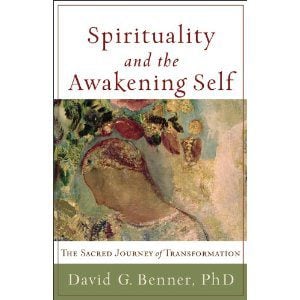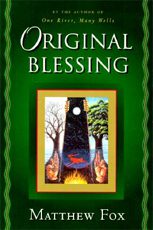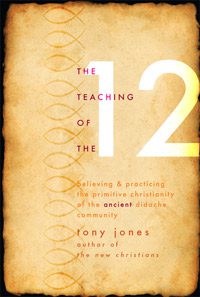NPR’s Barbara Bradley Hagerty ran a report recently titled, “Evangelicals Question The Existence Of Adam And Eve.” One reason this finding is important is that, according to the article, polls have shown that forty percent of people in the United States believe that there was a historical Adam and Eve, who literally were the ancestral parents of the human race.
We should all celebrate and stand in solidarity with the courageous conservative scholars who are willing to put their careers on the line rather than sacrifice their intellectual integrity. They stand in a proud tradition of Protestant Reformers such as Martin Luther, who when faced with a fierce orthodoxy, stood firm and said, “Here I stand, I cannot do otherwise.”
The NPR article rightly quotes Karl Giberson, author of Saving Darwin: How to Be a Christian and Believe in Evolution, as saying, “The evolution controversy today is, I think, a Galileo moment. When you ignore science, you end up with egg on your face. The Catholic Church has had an awful lot of egg on its face for centuries because of Galileo. And Protestants would do very well to look at that and to learn from it.”
For a contrasting perspective, the article looks to, among others, Albert Mohler, president of Southern Baptist Theological Seminary in Louisville. Hagerty summarizes Mohler’s position as follows: “[T]he Adam and Eve story is not just about a fall from paradise: It goes to the heart of Christianity. He notes that the Apostle Paul (in Romans 5 and 1 Corinthians 15) argued that the whole point of Jesus’ crucifixion and resurrection was to undo Adam’s original sin.” Mohler says that, “Without Adam, the work of Christ makes no sense whatsoever in Paul’s description of the Gospel, which is the classic description of the Gospel we have in the New Testament.”
Perhaps the confusion is because Mohler has his theology precisely backward. He is unduly worried about defending “Paul’s description of the Gospel.” Instead, I would invite him to reverse course and learn to read Paul through the lens of Jesus’ way of love and compassion. An invitation for Christians in light of twenty-first century knowledge is to let go of a fixation on “Adam’s original sin” as well as on “Jesus’ crucifixion and resurrection” — and instead seek to live a life of love right here and right now on this earth that is modeled after Jesus’ life of compassionate, risky love.
For those interested in a more detailed discussion of why there was no historical Adam and Eve, I invite you to read a sermon I preached titled, “Narnia and Other Stories Christians Tell.”
In the sermon I look to biblical scholarship to show why Genesis 1-11 are “myths” — not records of historical events, but stories of universal truths that happen repeatedly throughout human experience. In the words of Rabbi Harold Kushner: “I don’t take the story of the Garden of Eden as a newspaper report of an actual event…describing the human race as beginning with two full-grown, Hebrew-speaking adults and a talking snake. But I do believe that the story of the Garden of Eden tells us something profoundly true about the emergence of the human race.” I also speak to how we can continue to find meaning in these and other Christian stories today.
Click here to read my sermon, “Narnia and Other Stories Christians Tell.”
(The Rev. Carl Gregg is the pastor of Broadview Church in Chesapeake Beach, Maryland. Follow him on Facebook or Twitter.)












